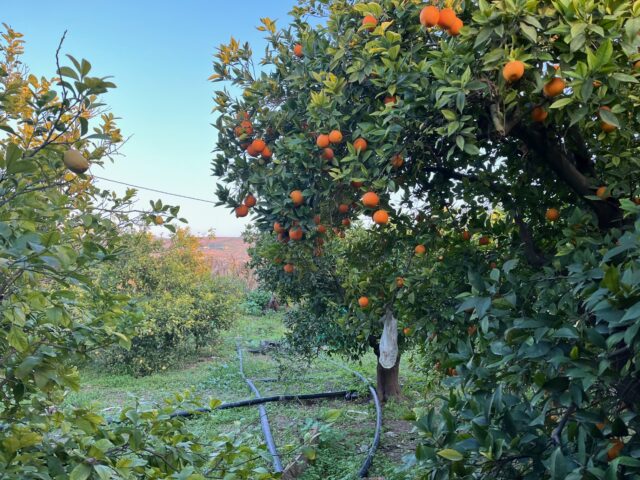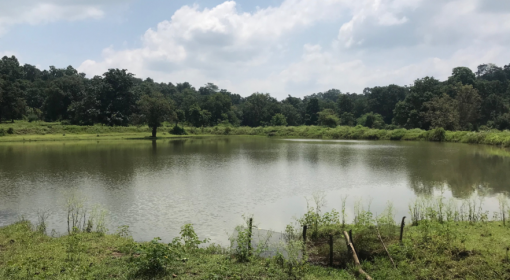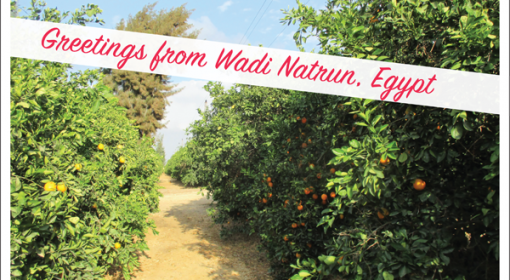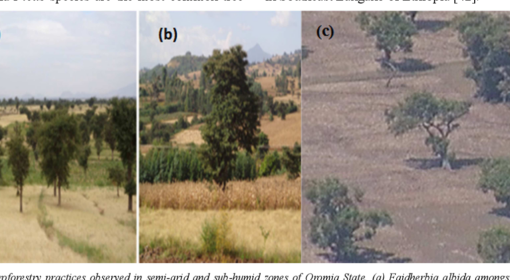By Frank van Steenbergen, Emad Karablieh and Mohammed Ahamdan

Trees heavy with oranges or lemons – the image of bounty. This is the country once named Gilead: The Northern part of the Jordan Valley in Jordan, where irrigated citrus fruits are the main crop.
The image of bounty is deceptive. Why there are so many fruits on the trees is that farmers are waiting to harvest, hoping prices may improve. The price for oranges and lemons is now at its lowest since long: USD 0.3 for one kilogram. Not long ago it was 3-4 times more. One reason for the low prices is that there is very little purchasing power at present in the Jordanian economy. Fruits suffer as they are not the first consumer necessity. The second reason for the low prices is that the national market was unexpectedly opened up to citrus import from countries such as Egypt and Turkey that produce the fruits cheaper. This allows imports early in the citrus harvesting season. On balance the impact of this decision has been negative – Jordan now uses foreign currency to import fruit, its own products remain on the trees and in the end the urban customers are offered lemons and oranges by traders at a price that is not much below that of the national produce before.
In the Northern Jordan Valley, this had many effects. Farmers are squeezed and impoverished. The stalled income prevents them from investing in crop husbandry and improved irrigation techniques. Over the last two decades farmers in the Northern Jordan Valley responded to the ever-present water scarcity by investing in on farm storage ponds and farm irrigation networks. The ponds are filled during the irrigation turns, and then water is pumped on demand from the ponds to individual trees. This has meant a leap in water use efficiency. The pipe systems however in many farms are now aging and need to be replaced by newer even more efficient systems. Yet there is no capital with farmers to do so, and this blocks the transition to higher water use efficiency.
Jordan is one of the most water scarce countries and there has been much debate on optimizing the economic output of this scarce water. There has been much discussion about the value of water – what is the net incremental value of water under different cropping systems. This net incremental value however is not merely a function of how water is applied on the farm, but also and maybe even primarily so of the price of the crop that is produced, in this case citrus fruit. This price, as the recent course of events show, is the result of decisions on markets, including imports and exports. It makes the case of making water productivity not only a matter of farmers behavior, but of the overall enabling national pricing policy.



